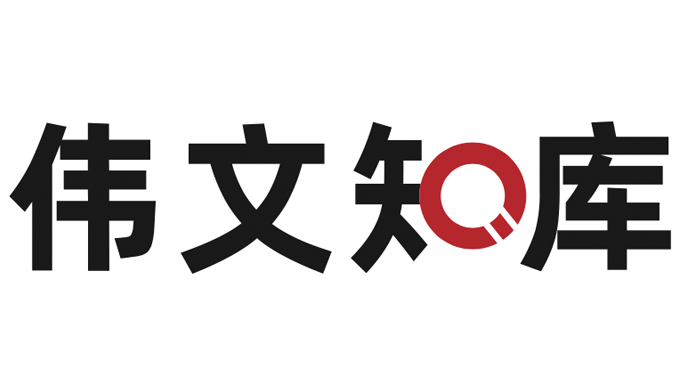IA Fundamentals丨3. Hard Law and Soft Law in IA
摘要
Most modern states have their own arbitration laws, while also having a relatively high tolerance and support for international arbitration awards. This is because, on the one hand, it is necessary to regulate the arbitration process through domestic laws and regulations, and, on the other hand, the validity of arbitration agreements and the enforceability of arbitration awards needs to be protected to maintain the autonomy and freedom of the contracting parties which are essential to the development of the market economy. However, domestic arbitration laws are generally only effective within the local sovereign borders. To ensure effectiveness and enforceability of cross-border arbitration on an international scale, an international legal system is also needed to coordinate and navigate the domestic arbitration law systems of various countries, and promote international arbitration agreements and arbitral awards to be recognized and enforced with uniform standards worldwide. All this to ensure the effectiveness of international arbitration as a method of dispute resolution. This article focuses on international “hard law” and “soft law” in international arbitration, and explains the role of domestic arbitration laws of various countries in the international arbitration legal system.
正文
备注
本文献PDF共计10页,免费分享。



